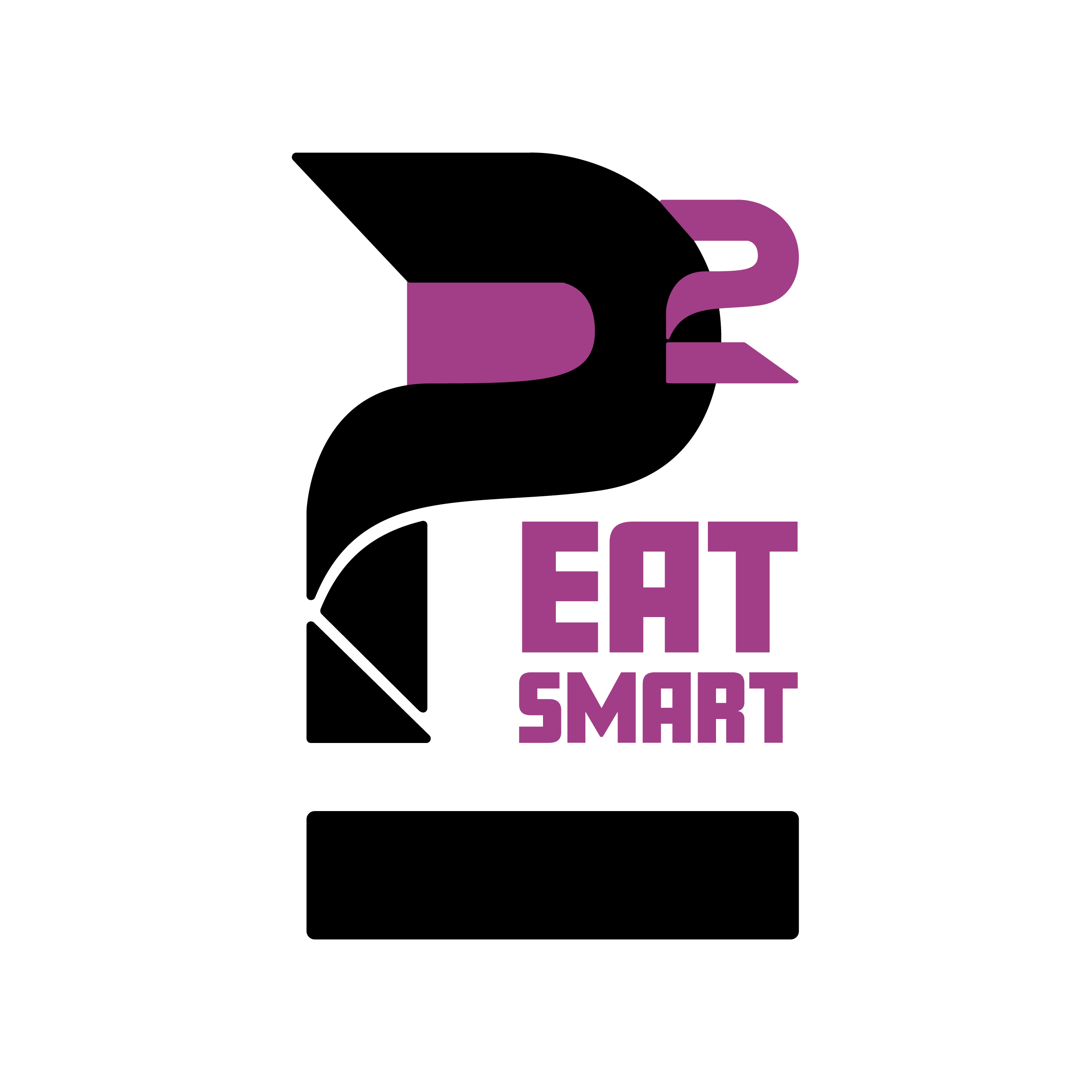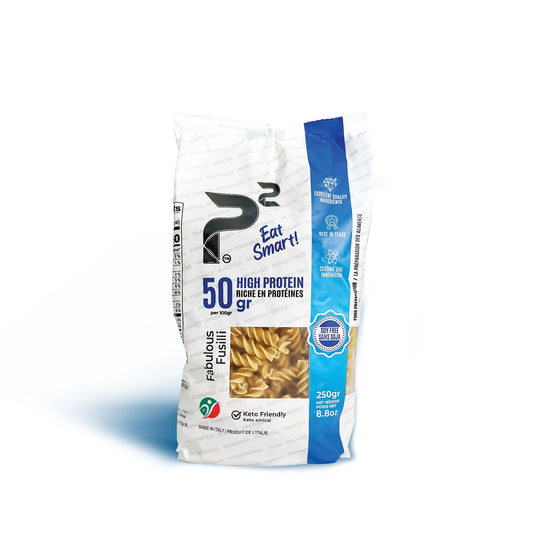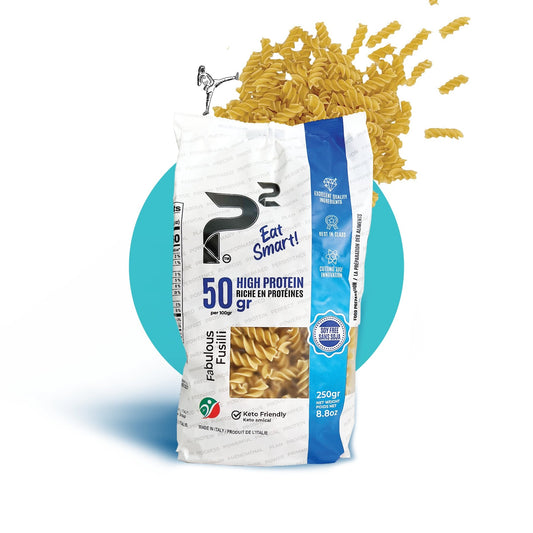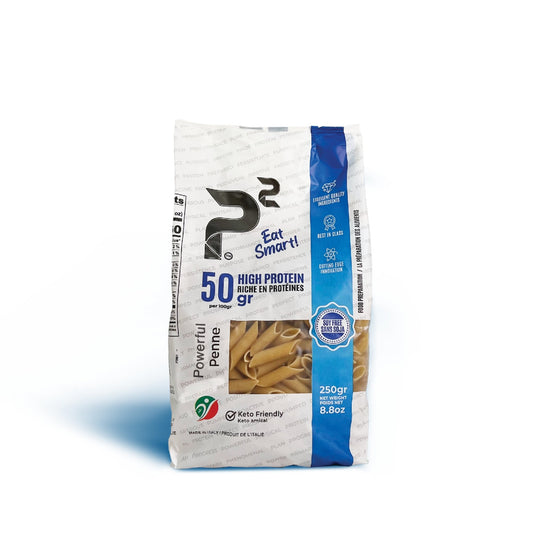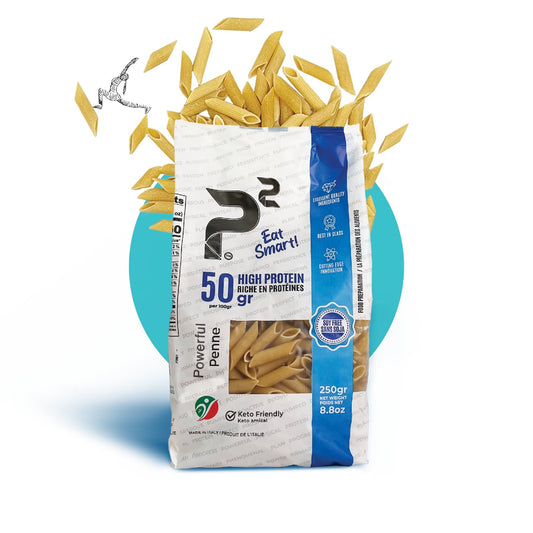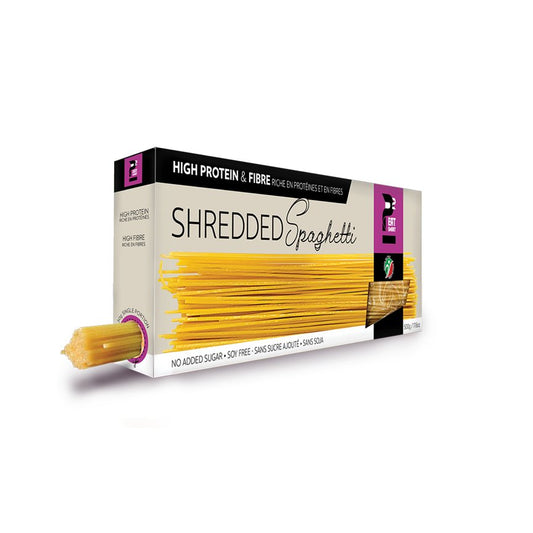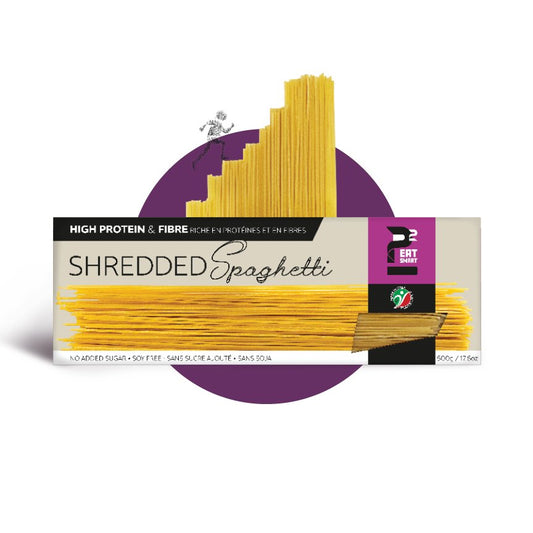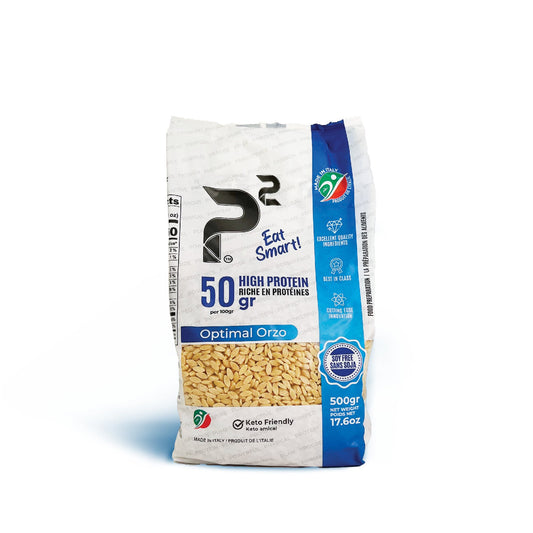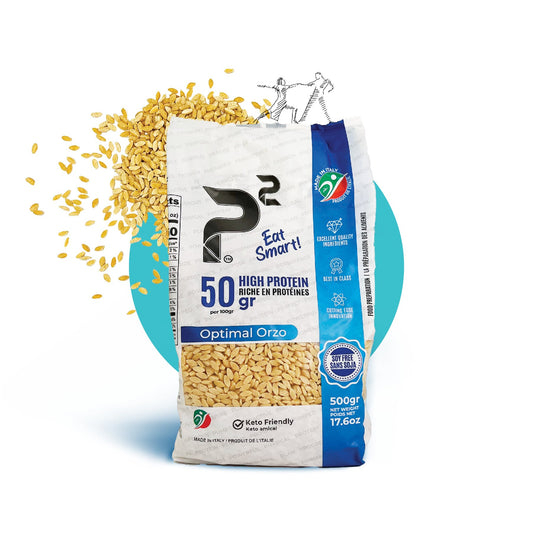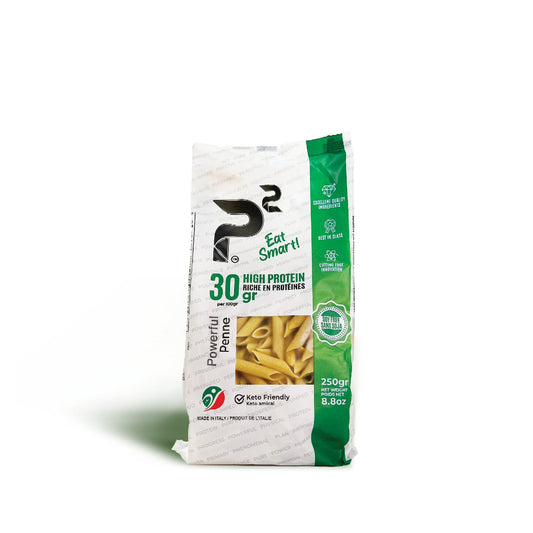Journaling comes in many forms – from writing down your thoughts and feelings to making a daily log or gratitude journaling. There are endless ways you can fill a notebook.
Food journaling is a type of journaling that encompasses everything about your health. If you want to track your nutrition, snacking, or calorie count, a food journal can be a valuable tool to stay on top of your health.
What is a Food Journal?
At its core, a food journal is a log where you document everything you eat and drink throughout the day. It’s a helpful tool to notice patterns of eating behaviours, like if you’re turning to coffee or sugar during your afternoon slump.
Beyond using a log to lose weight, you can track energy levels and see what foods correspond to low energy. If you have concerns about your health, you can also bring your food journal to doctor's appointments to go over with your doctor.
What Do You Write in Your Food Journal?
Depending on your goals, there are endless variables you can track, but to start, you should focus on the basics:
1. What You’re Eating
The most basic information you need is what you're eating. It's essential to be specific, including extras like condiments, toppings, and more. Drinks count, too – if you're drinking a cup of coffee and you take milk and sugar, don't forget to document that to paint the most accurate picture you can.
Writing down the time you're eating or drinking can help you see habits long-term, like energy slumps, mealtimes versus snacking times, and more.
2. How Much You’re Eating
Measuring out what you’re eating, even to the closest estimate, will help you understand your habits. Just writing cookies doesn’t help if you don’t indicate what type of cookies they are and how many you ate.
Be as specific as possible, and don't rely on your memory later. If you can log what you're eating at the moment, you'll get a more accurate entry than if you wait.
3. Where You’re Eating
You might wonder why this matters, but where you're eating can offer context on why you make the choices you do. If you see a pattern that you consistently eat a cookie in the breakroom at the office with your co-workers, you'll begin to recognize whether there is a social or environmental aspect that goes with your eating.
You can also list any activities you’re doing while you eat. Are you watching television? Are you working? Are you reading or playing videos games? These can be good indicators of whether you’re actually eating to ease hunger or just for something to do.
4. What Mood You’re In
Your mood is an important variable to monitor if you think you struggle with emotional eating or drinking. Do you grab a milkshake when you’re stressed on the way home from work? Do you snack while you’re sad or bored?
Your mood and energy level are tightly intertwined, so learning eating patterns can improve your energy and overall mood.
Is Food Journaling Right for You?
Your food journal needs to be honest to be helpful. If you're omitting things because you're ashamed or you think they don't matter, you're defeating the journal's purpose. To understand your nutritional habits, you need all the information to implement meaningful lifestyle changes.
Bottom Line
If you’re not a pen-to-paper kind of person, there are several apps to consider that serve the same purpose. You should talk to your doctor if you're planning on starting a food journal for health reasons – they can tell you precisely what will be helpful to track and what they'll review.
Are you interested in food journals so you can track your nutrients? P2 Eat Smart has fortified foods that taste amazing and help you reach your daily recommended protein intake or fewer carbs.
Check out our wide range of products that will change how you get your protein.
